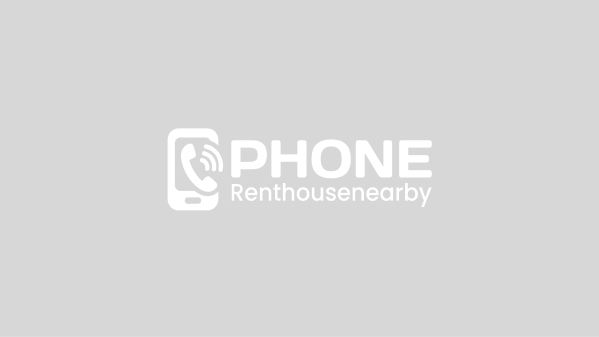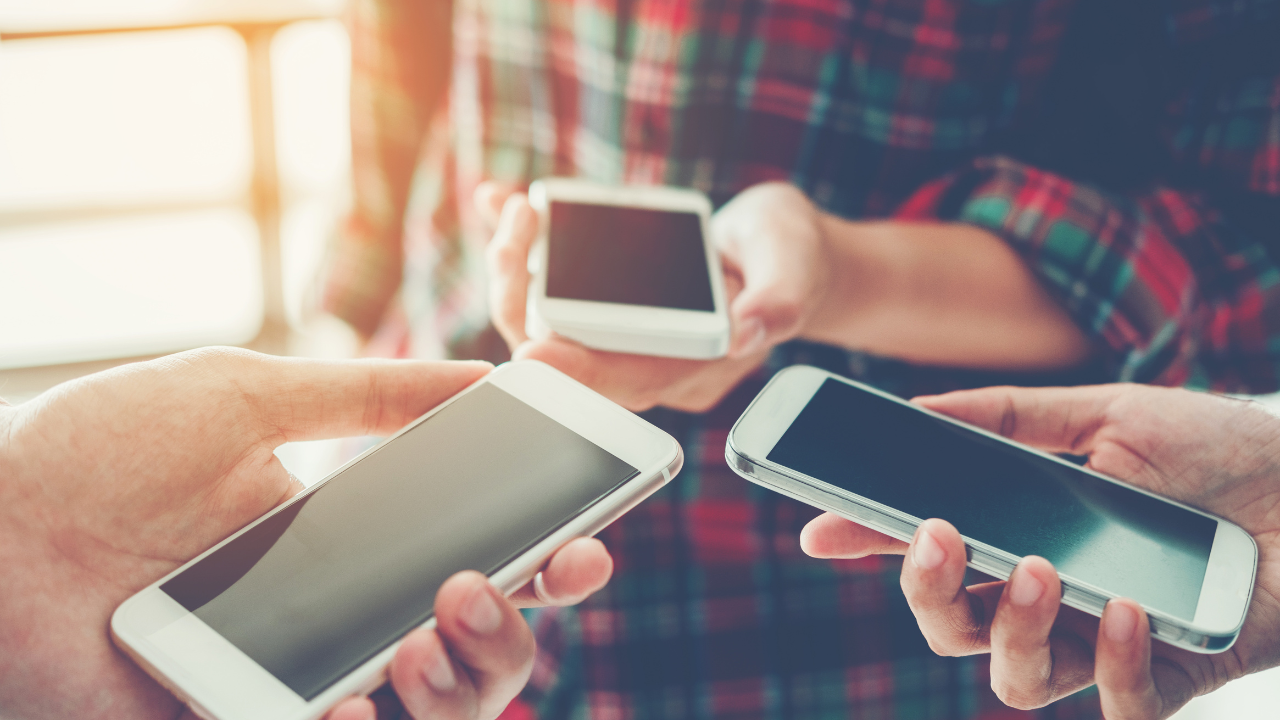Gathering Required Documentation
Identifying Necessary Documents
Once you determine your eligibility for the Lifeline Program, the next step involves gathering the necessary documentation to support your application. The required documents may vary depending on whether you qualify based on income or program participation.
If you qualify through income, you will need to provide proof of income. Acceptable documents can include pay stubs, tax returns, unemployment compensation statements, or benefits statements. On the other hand, if your eligibility derives from participating in a government assistance program, you will need to present documentation attesting to your enrollment, such as award letters or certificates for SNAP, Medicaid, or other applicable programs.
Document Verification
It is crucial to ensure that all documentation is accurate and up to date. The FCC may require original documents, photocopies, or electronically submitted files depending on how the application is submitted. Therefore, reviewing the specific submission guidelines outlined by the FCC will help streamline the verification process and avoid delays in your application.
Address and Identification Proof
Alongside income or program eligibility documentation, you must also provide proof of identity and address. This may entail presenting a state-issued ID, passport, utility bill, lease agreement, or any official document showing your name and address matching the information provided on your application. Preparing these documents ahead of time can expedite the application process while minimizing potential complications.
Organizing Your Documents
Before submitting your application, organize your gathered documentation. Having everything neatly compiled and clearly labeled makes the submission process more efficient. Consider using electronic scans or physical folders to keep documents orderly. This level of preparation could mitigate errors or misunderstandings during the review process, enhancing your chances of a seamless application.

Next Page
You May Also Like
-

The Benefits of Free Tablets for Students and How to Get One
Benefits of free tablets for students and how to get one. Enhance learning, improve digital literacy, support accessibility, boost engagement, and foster creativity.
-

How Residents in HUD Housing Can Get Free Internet
How HUD housing residents can access free or low-cost internet. Explore government programs, nonprofit resources, affordable providers, and practical steps for securing internet access.
-

Seasonal Promotions: When to Look for Free Cell Phones and Tablets
Popular Blog
-

Affordable Alternatives When You Don’t Qualify for Free Government Phones in the U.S.
Don’t qualify for a free government phone like Lifeline? This article explores affordable options for staying connected. Discover prepaid plans, discounted deals, the used phone market, and how to leverage free Wi-Fi and community resources to maintain essential communication on a budget.
-

How to Get a Free Tablet from Government Programs
In this article, we’ll explore these programs, the types of tablets you can get, and the carriers currently participating in these initiatives.
-

How to Check Your Eligibility for Free Cell Phones and Services
Learn how to check your eligibility for free cell phones and services through programs like Lifeline and ACP. Discover income-based requirements, application steps, and benefits.





